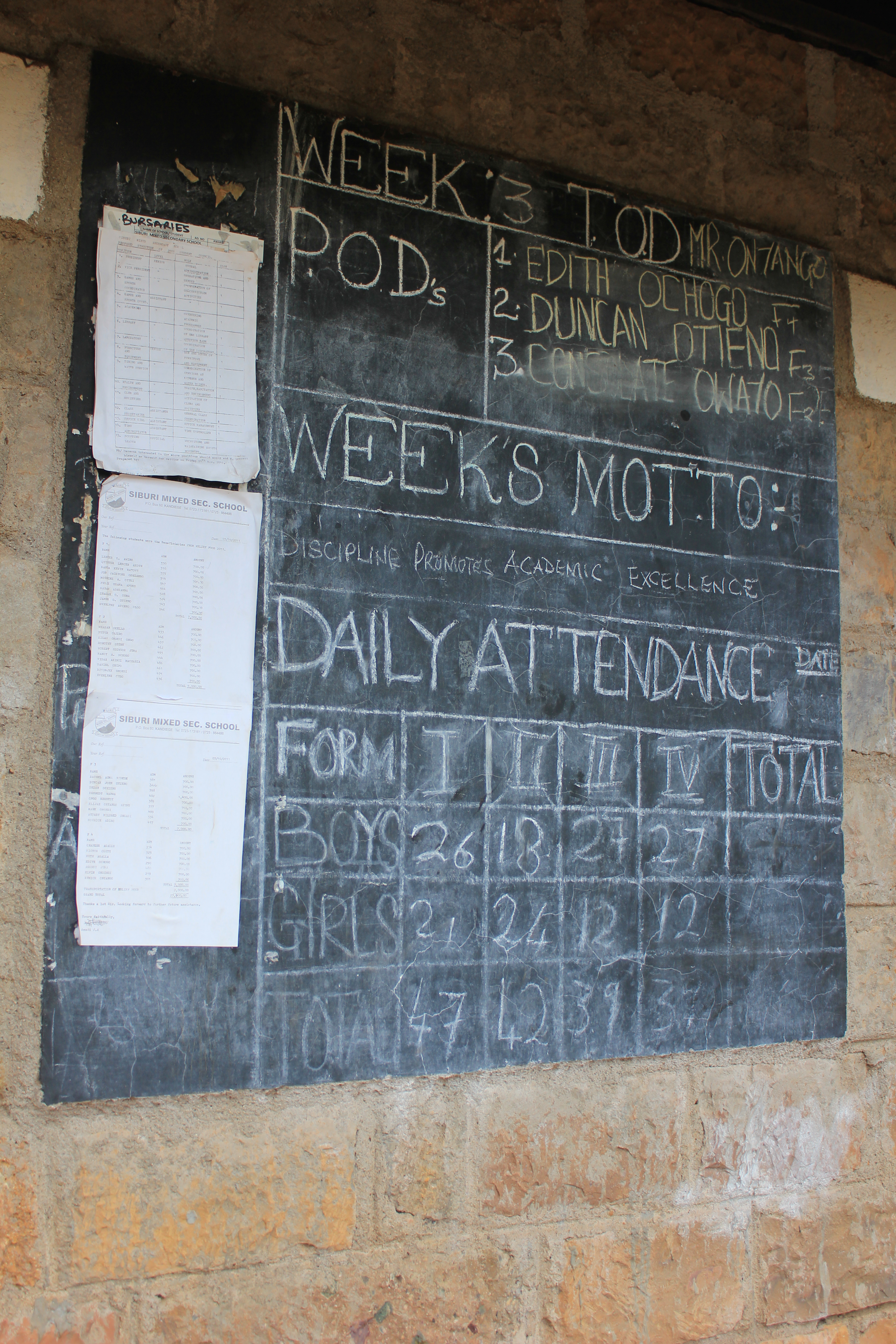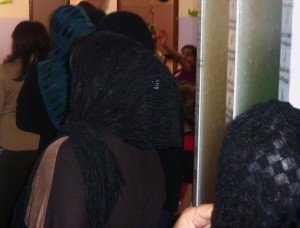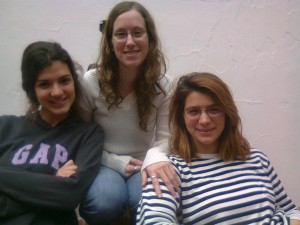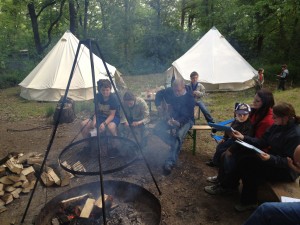Art for art’s sake in Iraq’s colleges?
Iraq’s fine arts institutes and colleges have made good progress in producing young artists in every creative field, but there are many issues still to talk about, and many things need to be changed in the system. I want to talk about the system in general in this post and go into more personal experiences in my next post.
I went to a fine arts institute, for which students in Iraq are eligible after finishing secondary school. In my experience, if you are interested in music, you should get started with it at a very early age – maybe between 3-5. Then you can learn to play naturally, and a similar argument could be made for other artistic fields.
![]() read more
read more
The wrong expectations
Reading Hellgurd’s article about women made me think about what we Russians do after university.
In the intro film to our educational blog I mentioned that I’m pursuing two degrees – I’m just interested in both spheres and can organize my life so that I have enough time to reach this goal. I also take online courses from American universities because the quality of education in my native city doesn’t suit me, and I want my skills to meet the global market’s requirements.
![]() read more
read more
Germany’s gender pay gap

This traffic sign has a message: It's women who look after kids
María commented on my blog from May 14, saying she was surprised about what I had written about the situation of women in the German job market. Actually, when I learned about those numbers the first time, I was surprised, too − particularly because I personally have never felt discriminated against due to my gender. My parents, for instance, have treated my brother and me equally. Gender differences are only apparent during family parties: Most of the work is done by women, and men, particularly those over thirty, become a rare species in the kitchen. But I don’t care too much about that. After all, you won’t see me helping during construction work − then again, you won’t see my brother either.
![]() read more
read more
Throwing a bit of a wrench into gender discussions

Equal rights for girls - and boys!
We often make the mistake of equating the definition of gender with women. ‘Gender equality,’ ‘gender and education,’ ‘gender and…’ almost always mean women and fighting for the rights of women. From the higher authorities such as the UN to the basic family level, war has been waged almost literally to protect the rights of the female gender – and rightfully so. I am certain that the strides that have been made even in the western world with regards to the emancipation of women would not have been possible had there been no sacrifices made before.
Nevertheless, I tend to think that male children have been forgotten!
![]() read more
read more
Glimpses into three women’s lives
I wanted to write about women in Iraq this weekend, so I decided to meet with some from different walks of life. That way I could have a better sense of what females are feeling and thinking about in life and how much freedom they feel like they have. Now I want to describe some of the highlights.
![]() read more
read more
Can changed laws change minds?
Last Saturday morning, during a break from German class, my classmates and I started discussing how some professions that used to be mostly male are now mostly pursued by women. That causes some tension, and it brings about the need for cultural change, as I described in my last entry.
This subtle antipathy can surface unexpectedly in day-to-day life. For instance, my classmate Mariana is studying biology. She told me that once, in a physics class, she and the other students had to make a circuit. The male teacher, after communicating the task, said: “Let’s see how women can manage this one,” clearly assuming electronics was totally a “guy thing.”
![]() read more
read more
On the importance of teaching oneself
Many people in Russia used to believe that it’s enough to get your university degree – then you can start working and forget about education (until your children go to kindergarten, at least). They’d say you’ve developed your skills, so you ought to find a job and get on with your life. Many still think this way. Sometimes I discuss this topic with friends, and it’s great that our generation seems to have a more modern way of thinking: We believe that it’s natural to have a “second” higher education, to attend courses even as a grown-up or to change jobs several times before retiring.
![]() read more
read more
Clubs in Germany – an important supplement to classrooms
When I think back, I’ve learned a lot outside of schools or universities: swimming, gymnastics, playing, dancing. They’re all activities I learned together with other children in clubs in Germany during my free time. Since classes ended in the early afternoon when I went to school, we had the afternoons off. When we were kids, we could meet just to play, or we could go to those club activities in our town. My friends and I had a great time going to our local sports club – whether by playing a sport together or doing things like camping trips.
![]() read more
read more
The balancing act of educated women

Carolina learned a trade in order to secure some freedom
I had dinner with my boyfriend’s parents last Sunday. It’s always just the four of us. I have to admit that sometimes I lead the conversation into his mother, Carolina, telling me the story of how she started dating Horacio, Diego’s father. It’s not because of the love and romance involved, though. The story of how she met her husband touches on issues of how she secured some independence and got her first job.
![]() read more
read more
Educated women are more ‘expensive’
Last week on one of the television stations there was a report about school children who have to travel 10 hours to attend one hour of school. Hard to believe in this day and age! It’s because there are no schools nearby, and the transport system in that remote part of the country is almost non-existent.
In reflecting on gender and education – I thought to myself: In some parts of this world access to education irrespective of gender is a distant dream. Also, if access irrespective of gender is already a problem, how much more hard is it for girls in societies where the expectations for girls and women do not include getting an education?
![]() read more
read more















Feedback